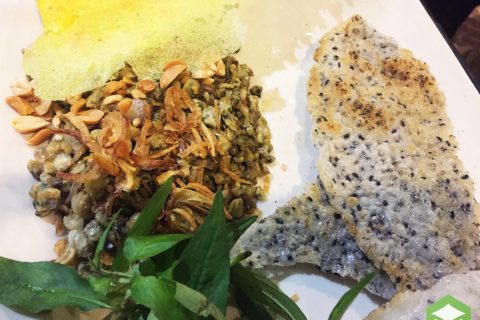Questions sur mon séjour au Vietnam – FAQs
[vc_row][vc_column el_class=”iv-bullet-list”][vc_column_text]Partez-vous bientôt au Vietnam ? Nous avons regroupé quelques réponses aux questions que vous pourriez vous poser …
Plus Qu’un Simple Stage – Ce que l’on propose à Zhuhai !
[vc_row][vc_column][vc_text_separator title=”InternChina – Plus qu’un simple stage! “][/vc_column][/vc_row][vc_row][vc_column][vc_column_text] Vous connaissez tous notre slogan, mais qu’est-ce que cela signifie …
A visit to Mao Xian with my Host Company
By Rosa Spence On the 28th March, myself and four other representatives from the NGO I am interning …
Dietary Requirements
Life would be so much easier if everyone liked to eat everything or could eat everything. I know …
Vietnamese Crash Course
Today I am going to do a Vietnamese Crash Course for those who are learning or want to …
Taboos in Vietnam
You may have some superstitions or taboos yourself, such as not walking under a ladder, not crossing paths …
What to Pack for Vietnam
Here we are! You have secured a great internship with InternVietnam and you are now impatiently waiting to …
Cultural Differences Between the West and Vietnam
As can be expected when travelling to the other side of the world, many things will be different. …
Touchdown Chengdu !
Chengdu Diaries My name is Zachary Black and I am from York in the North of England. Although …
KTV in China
What is KTV? KTV/卡拉OK (KalaOK) is a staple of Chinese nightlife. Your Chinese friends and work colleagues may …













